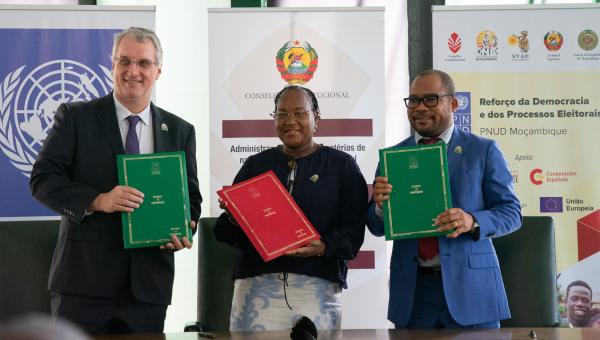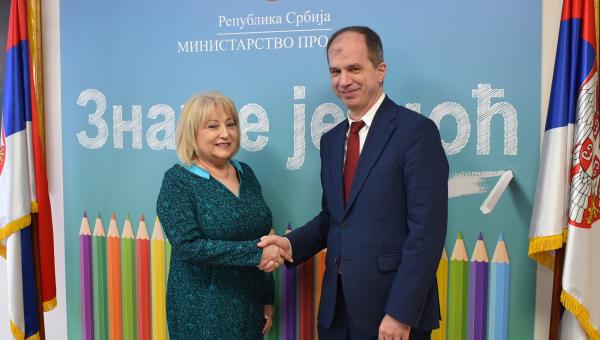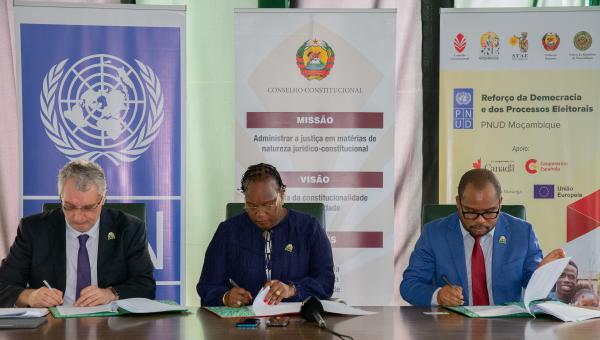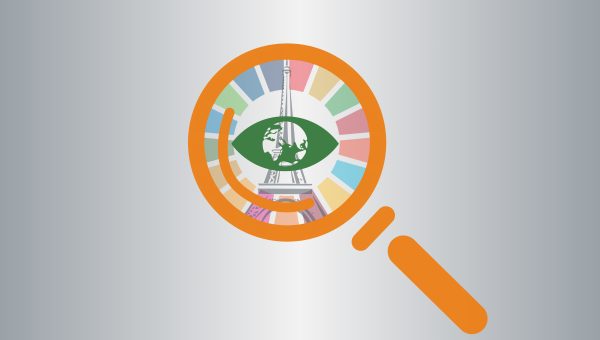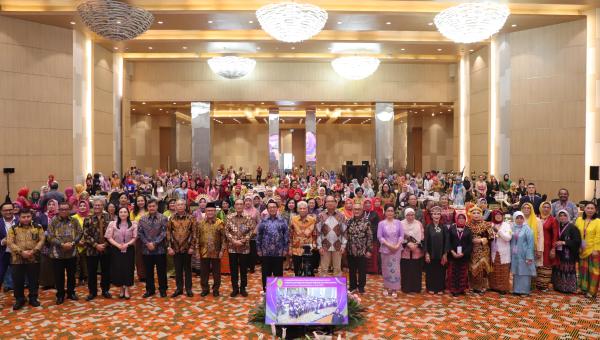Democratic Governance
Equity of Opportunities
Meeting the new challenges in governance cannot be accomplished with the same thinking used when democracies were established. Nowadays there is an opportunity to build a social contract that makes it possible to secure peaceful coexistence, build trust, promote more significant participation, and improve the capacity of institutions to respond to the new demands from society. Currently, there is more information, but not necessarily greater knowledge. People are digitally more connected, but not necessarily close to, or tolerant of each other's differences. Technological progress and access to information afford the opportunity to rethink the development challenges the region faces in three dimensions: productivity, inclusion, and resilience, based on effective governance.
What does effective governance mean for UNDP´s work in LAC? It means we need to think governance as the means to generate equality and accessibility of opportunities for:
- Socio-economic development and meaningful participation.
- Institutional transformation, and greater efficiency in responding to citizen demands.
- Better peaceful coexistence and citizen security.
Lines of Service
The menu of services the governance team offers include the following:
- Substantive support in finding financial resources for innovative projects at the country level, and other initiatives.
- Technical support and expertise for country offices in identifying SDG 16 drivers, including conceptualization, development, analysis of national-level governance initiatives.
- Regional projects with installed capacity for delivering services, context-specific, and tailored modules and solutions.
- Supporting capacity building to integrate the implementation of the 2030 Agenda to the specifics of Goal 16 and its character as an enabler.
- Supporting capacity strengthening in governance projects, with training, needs assessment, and technical support missions.
- Integrating governance projects with other sectors (for instance education, environment, mining, gender), by providing innovative and comprehensive technical support.
- Research, analysis, and advocacy with knowledge products and country-to-country experience exchanges.

 Locations
Locations